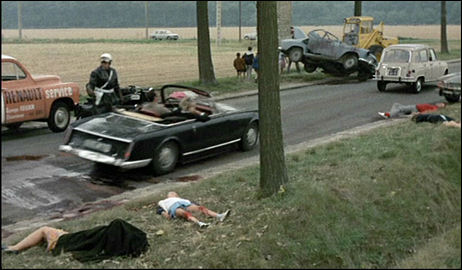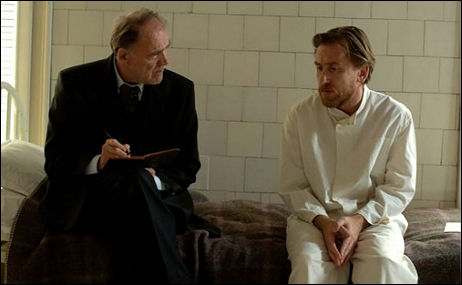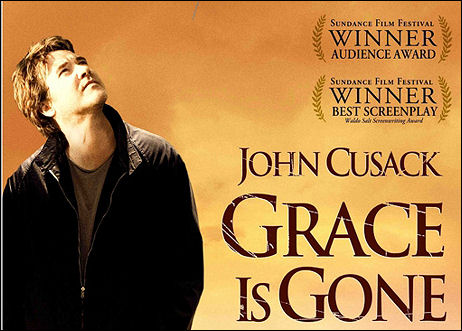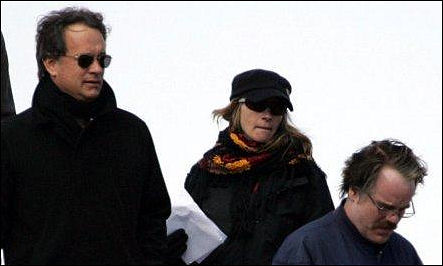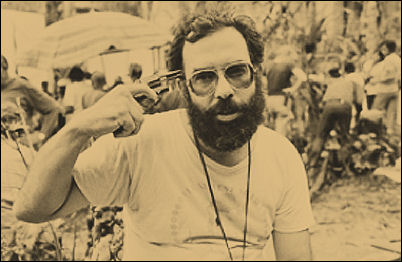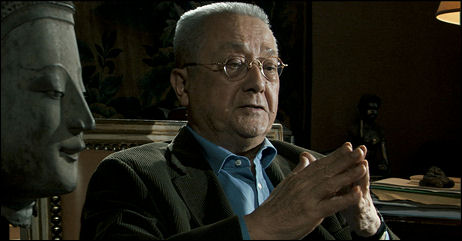Dreams never seem as profound the next morning as they do when they’re running the show in your sleep, but I had a lulu of a dream last night that, if listened to and boldly acted upon, might lead to the resurrection of Wes Anderson‘s career with a single mad sweep of the brush and a sudden screech of tires.
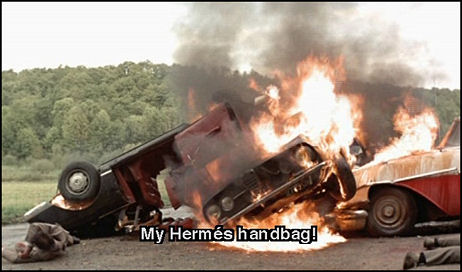
DVD frame-capture from Jean-Luc Godard’s Weekend
What Anderson needs to do more than anything else right now is to blow up “Andersonville,” that specially styled, ultra-hermetic world that his films and characters reside in. Being Wes, he naturally needs to do it with style. And the best way to do this, I’m convinced, is to make an arty black comedy about the world coming to an end on the rural two-lane blacktops, highways and freeways of America. Anderson, in short, needs to reimagine and then remake Jean-Luc Godard‘s Weekend.
The original 1967 film, an allegory about the breakdown of civilization illustrated by traffic jams, random violence and bloody car crashes, is regarded by some as Godard’s finest.
I saw shots from Anderson’s Weekend in the dream, and that carefully choreo- graphed, super-manicured visual quality he brings to each and every scene in his films would, I believe, work perfectly with a vision of death, anarchy and twisted metal on the road. The film was fully completed in the dream (I saw it in a small red screening room in Paris, sitting in a large velvet armchair), and it was great viewing.
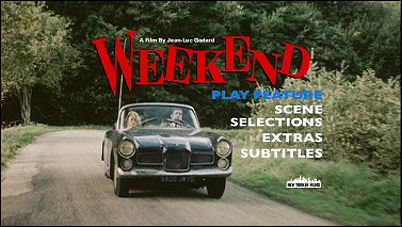
As I watched Anderson’s camera track along the highway and gaze at the flaming SUVs and scooters and bodies of Bill Murray, Natalie Portman, Anjelica Huston and Jason Schwartzman lying every which way I knew I was seeing a kind of genius. I was awestruck. Only a madman would have made such a film in the wake of The Darjeeling Limited, and I was filled with respect for Anderson’s artistic courage.
I’m not saying Anderson’s Weekend would be commercial or even critically hailed. But after making such a film, Anderson would be free. He would no longer be the guy with the Dalmatian mice and the pet cobras and the velvet curtains and the characters lugging around specially-designed suitcases with all the Kinks and Rolling Stones and Nico songs on the soundtrack.
It is widely agreed by movie cognescenti that Anderson has allowed his films to be consumed by a deadpan mannerist attitude along with a certain style-and-design mania, which Esquire‘s David Walters believes has devolved from a signature into “schtick.” By making movies about “world-weary fellows” with money “who hurl non-sequiturs and charm with endearing peccadilloes and aberrant behavior” in a world-apart realm, he has painted himself into a corner.
Only a radical new turn can free Wes from his effete parlor passions. If not a Weekend remake then something equally nutso. He has to say to his audience (and himself), “To hell with this world I’ve made for myself. I am no longer the maestro of that tweedle-dee symphony. I am a new man on an untravelled path.”
